Finding equilibrium between career demands and personal fulfilment has become one of the defining challenges of modern life. The traditional idea of separating work and home into neat compartments has given way to a more fluid approach, where boundaries are flexible, and well-being is prioritised alongside professional achievement. Today’s professionals are adopting new strategies, technologies, and mindsets to ensure they can perform at their best without sacrificing the joy and stability that come from life outside of work.
The Rise of Flexible Working
Remote and hybrid working arrangements have reshaped the way people view their time. No longer tied to rigid office hours or lengthy commutes, professionals can often structure their day around their own productivity patterns. This flexibility means tasks can be managed alongside personal responsibilities, whether that involves attending a child’s school event, running errands, or fitting in a mid-day exercise session. The ability to tailor working hours has given many a greater sense of autonomy, which in turn boosts motivation and reduces burnout. For businesses, this shift has also translated into higher levels of employee satisfaction and retention.
Prioritising Health and Wellbeing
Work-life balance is no longer just about time management; it is also about maintaining physical and mental health. Professionals are placing increasing value on incorporating wellness routines into their day, whether through exercise, meditation, or simply ensuring they get enough sleep. Employers are also playing a role by offering wellness programmes, mental health resources, and encouraging healthier working practices. This holistic view of wellbeing acknowledges that a sustainable career is built on a foundation of resilience, self-care, and balance.
Creating Time for Leisure and Relationships
One of the biggest changes in modern professional life is the deliberate prioritisation of personal relationships and hobbies. People are recognising that leisure is not a luxury but a necessity for a balanced life. Time spent with family and friends, pursuing creative outlets, or even playing casual games online can provide much-needed relaxation and joy.
Many enjoy taking day trips to new places, giving themselves a refreshing change of scenery away from routine. Others spend quality time with friends, strengthening social bonds that contribute to emotional well-being. For those who prefer screen-based pastimes, playing video games or enjoying online casino games can offer both entertainment and mental stimulation. In particular, online casino games like slots, blackjack, and poker are skyrocketing in popularity. Many bettors in the UK seek out and wager on offshore non GamStop casino sites when playing online so that they can take advantage of the special offers and unique perks, like niche game titles and bonus offers, that these sites provide. Offshore sites are typically licensed outside of the UK in places like Curacao or Malta, so they also bypass the UK’s GamStop regulations and offer bettors enhanced flexibility. Beyond gaming, getting outside into nature is also a popular way to boost work-life balance. Outdoors, walking or hiking provides exercise and a chance to reconnect with nature. These activities highlight how professionals are using leisure time to recharge their minds, often returning to work with renewed focus and creativity. This intentional approach to downtime ensures that work does not overshadow life’s other important aspects.
Redefining Productivity
Modern professionals are increasingly recognising that working longer hours does not necessarily equate to better results. Instead, the focus is shifting to outcomes and efficiency. By adopting time-blocking techniques, prioritising tasks, and making space for rest, people are learning that productivity is about quality rather than quantity. Many are also adopting the mindset of working smarter, not harder, which allows them to focus on what truly matters rather than getting lost in unnecessary tasks. This mindset encourages individuals to take regular breaks, recharge properly, and avoid the trap of being constantly “on.” For many, the key lies in balancing intense periods of focus with opportunities to disconnect, ensuring they can maintain high performance over the long term.
The Role of Technology
Technology has become both a tool and a challenge in the pursuit of work-life balance. On one hand, digital communication platforms make it easier to collaborate across locations, while project management tools help professionals keep track of tasks efficiently. On the other hand, the expectation of being perpetually available can blur the line between work and personal life. Professionals are learning to harness technology selectively, using it to support rather than dominate their routines. This often involves setting clear boundaries, such as muting notifications after a certain hour, or using apps that promote focus and well-being.
Setting Boundaries in a Blended World
With remote work and digital communication blurring the line between professional and personal space, boundaries have become more important than ever. Many professionals are creating physical and psychological markers that separate work from leisure, such as designated workspaces at home or scheduled log-off times. These practices help prevent work from intruding on private life while maintaining the structure needed to remain disciplined. By clearly defining when they are “at work” and when they are not, individuals are finding ways to protect their personal time without compromising professional performance.
Looking Ahead
The concept of balance is continuously evolving as professional and personal lives become more interconnected. What remains consistent is the desire to lead fulfilling lives that do not force a choice between career success and personal happiness. The modern approach is about integration rather than separation, with professionals adopting habits and mindsets that allow both sides of life to thrive together. As workplaces continue to adapt and individuals refine their own routines, the future of work-life balance will likely place even greater emphasis on flexibility, wellbeing, and conscious living.










